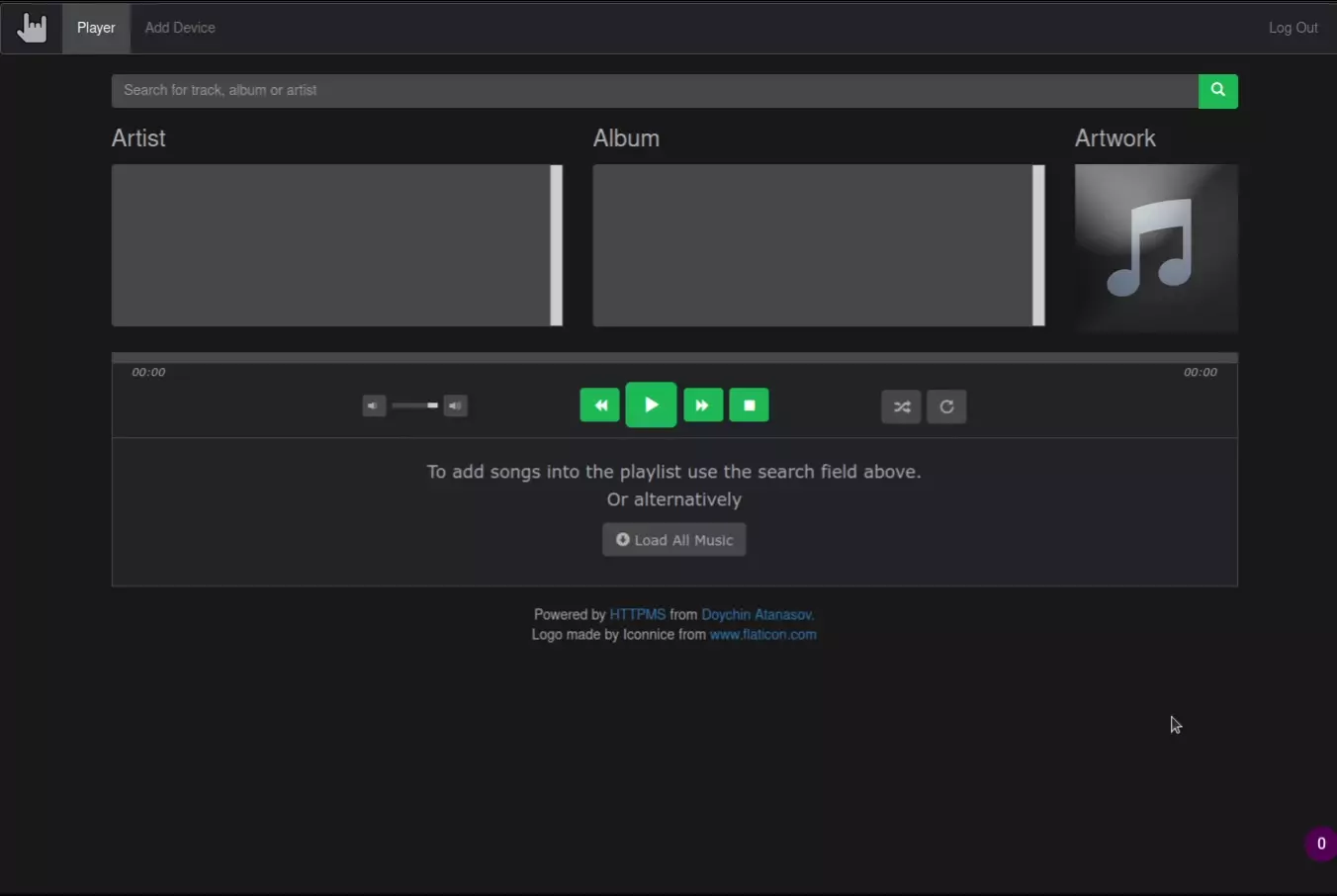Installation | Docs | Changelog | Contributing
composers chatting
Alda is a text-based programming language for music composition. It allows you to compose and play back music using only your text editor and the command line.
piano:
o3
g8 a b > c d e f+ g | a b > c d e f+ g4
g8 f+ e d c < b a g | f+ e d c < b a g4
<< g1/>g/>g/b/>d/g
For more examples, see these example scores.
The language's design equally favors aesthetics, flexibility and ease of use.
(Why compose music this way instead of in a graphical sheet music notation program? See this blog post for a brief history and rationale.)
Features
- Easy to understand, markup-like syntax.
- Designed for musicians who don't know how to program, as well as programmers who don't know how to music.
- A score is a text file that can be played using the
aldacommand-line tool. - Interactive REPL lets you enter Alda code and hear the results in real time.
- Supports writing music programmatically (for algorithmic composition, live coding, etc.)
- Create MIDI music using any of the instruments in the General MIDI Sound Set
Planned
If you'd like to help, come on in -- the water's fine!
- Define and use waveform synthesis instruments
- Import MIDI files
- Export to MusicXML for inter-operability with other music software
- A more robust REPL, tailor-made for editing scores interactively
Installation
See the official website for instructions to install the latest release of Alda.
Demo
For an overview of available commands and options:
alda --help
To play a file containing Alda code:
alda play --file examples/bach_cello_suite_no_1.alda
To play arbitrary code at the command line:
alda play --code "piano: c6 d12 e6 g12~4"
To start an interactive Alda REPL session:
alda repl
Documentation
Alda's documentation can be found here.
Contributing
We'd love your help -- Pull Requests welcome!
For a top-level overview of things we're talking about and working on, check out the Alda GitHub Project board.
For more details on how you can contribute to Alda, see CONTRIBUTING.md.
Another way you can contribute is by sponsoring Dave in the future development of Alda.
Support, Discussion, Camaraderie
Slack: Joining the Alda Slack group is quick and painless. Come say hi!
Reddit: Subscribe to the /r/alda subreddit, where you can discuss all things Alda and share your Alda scores!
License
Copyright © 2012-2021 Dave Yarwood et al
Distributed under the Eclipse Public License version 2.0.


